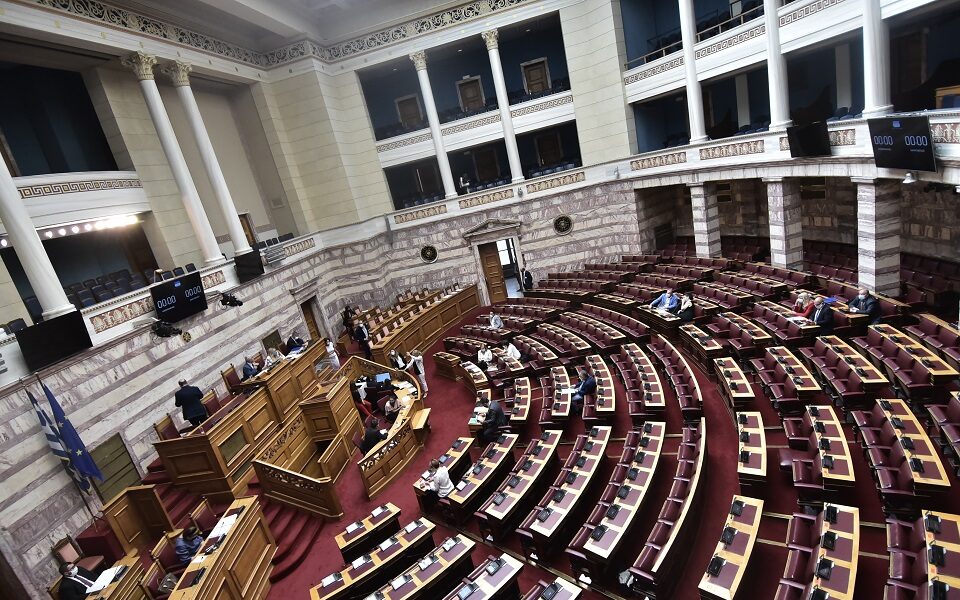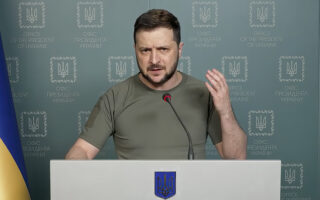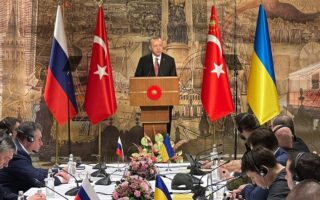Discussion, consensus and reform

Τhis is the age of smart technology and smart, swift information. A single piece of information can prevent a terrorist attack or an invasion. The role of information is not restricted to shaping an immediate response, however, but also to strategic planning and decision-making. Information and intelligence are, after all, key components of a country’s national security system.
Many countries have faced problems in the operation of their intelligence services, dealt with the political fallout, undergone executive reshuffles and structural overhauls, and even – where called for – launched criminal proceedings. Not to dwell too much on the past, but let us briefly look back on the fire that intelligence services came under, but also the reforms that were carried out in many countries, in the wake of 9/11.
What were these countries trying to safeguard? The trust of their citizens in intelligence services and institutions. In such days of almost daily peril, information can and ought to serve for the protection of the state, its infrastructure and its citizens. This is why trust – which stems from transparency and accountability – is so important. Confidentiality in the operation of intelligence services does not mean having grey zones which are beyond the reach of what is legal and democratic.
Greece, too, has its fair share of institutional problems and systemic weaknesses in the operation of its intelligence services. No one can forget the affair involving Kurdish leader Abdullah Ocalan, for example. This lapse, however, does not mean that the country’s intelligence services don’t work and aren’t effective. The Evros crisis in the country’s northeast in 2020 is a case in point, as are numerous other incidents that are not known to the public. Greece’s security does not, after all, rely on its beautiful sunshine.
The current crisis should be seen as an opportunity to develop a modern information culture and society as part of a national security strategy; to strengthen the transparency, accountability and openness of our intelligence services; and to firmly plug any loopholes that could lead to civil rights violations. More importantly, it should not act as a trigger to further exacerbate the prevailing climate of polarization, with references to dark chapters belonging to the past of dictatorships and civil wars.
What is needed here is a serious and composed discussion on the subject of our intelligence services that can only begin once we have all agreed on the basic parameters of national security and the threats it faces. Let us not forget that there are political parties in Parliament who argue that the police should not be responsible for protests, violence at universities, radicalization and petty crime, but should only be tasked with chasing organized crime rackets. One of the things Greece ails from is the absence of a bipartisan approach to the culture of strategy and security.
Dr Triantafyllos Karatrantos is a researcher at the Hellenic Foundation for European and Foreign Policy (ELIAMEP) and an expert in European security and new threats.





